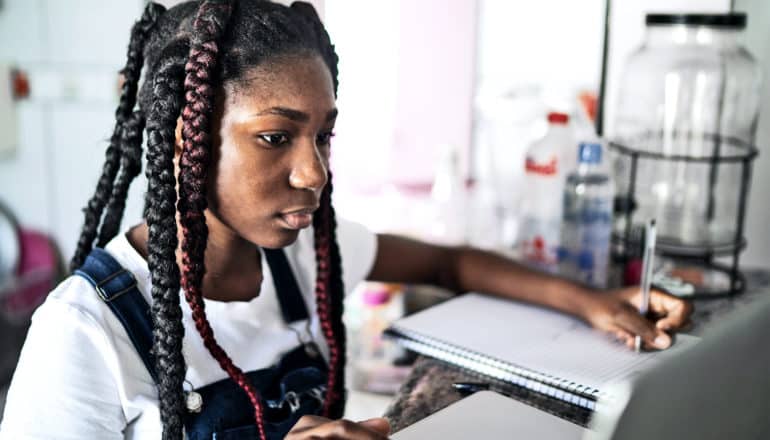
Growing up in the 1970s and ’80s, Brian Williams’ experiences in school were often shaped by race and culture.
“Some teachers would have lowered expectations, telling me, ‘You’re not cutting the mustard,’ or ‘You’re not as good as everybody else.’ And that can really create a horrible schooling experience for children,” says Williams, a clinical professor in the department of Early Childhood and Elementary Education in the College of Education and Human Development at Georgia State University.
“Even before the pandemic, we were working with teachers and principals to address inequities in schools…. COVID-19 has simply made this work more urgent.”
“Not only could I not see myself in the curriculum, but I was told very early on that I was not very good at math and science. I never want another child to have that experience.”
Williams works to ensure all children have access to an excellent education. He serves as the director of the Alonzo A. Crim Center for Urban Educational Excellence, where he works with a team of faculty and staff to advocate for young people in urban communities to identify and remove the roadblocks they face in public education.
During the pandemic, Williams developed a video series to highlight how science can be fun and accessible even at home. “At Home with Dr. Science” features Williams and his own children taking on basic science activities, from making a lava lamp to exploring solubility using Sharpie markers.
Here, he talks about the importance of equity in education, particularly as it relates to science, technology, engineering and mathematics (STEM), and virtual learning during the pandemic:
The post Expert: COVID makes STEM education gaps more dire appeared first on Futurity.
from Futurity https://ift.tt/35EcJ52
No comments:
Post a Comment